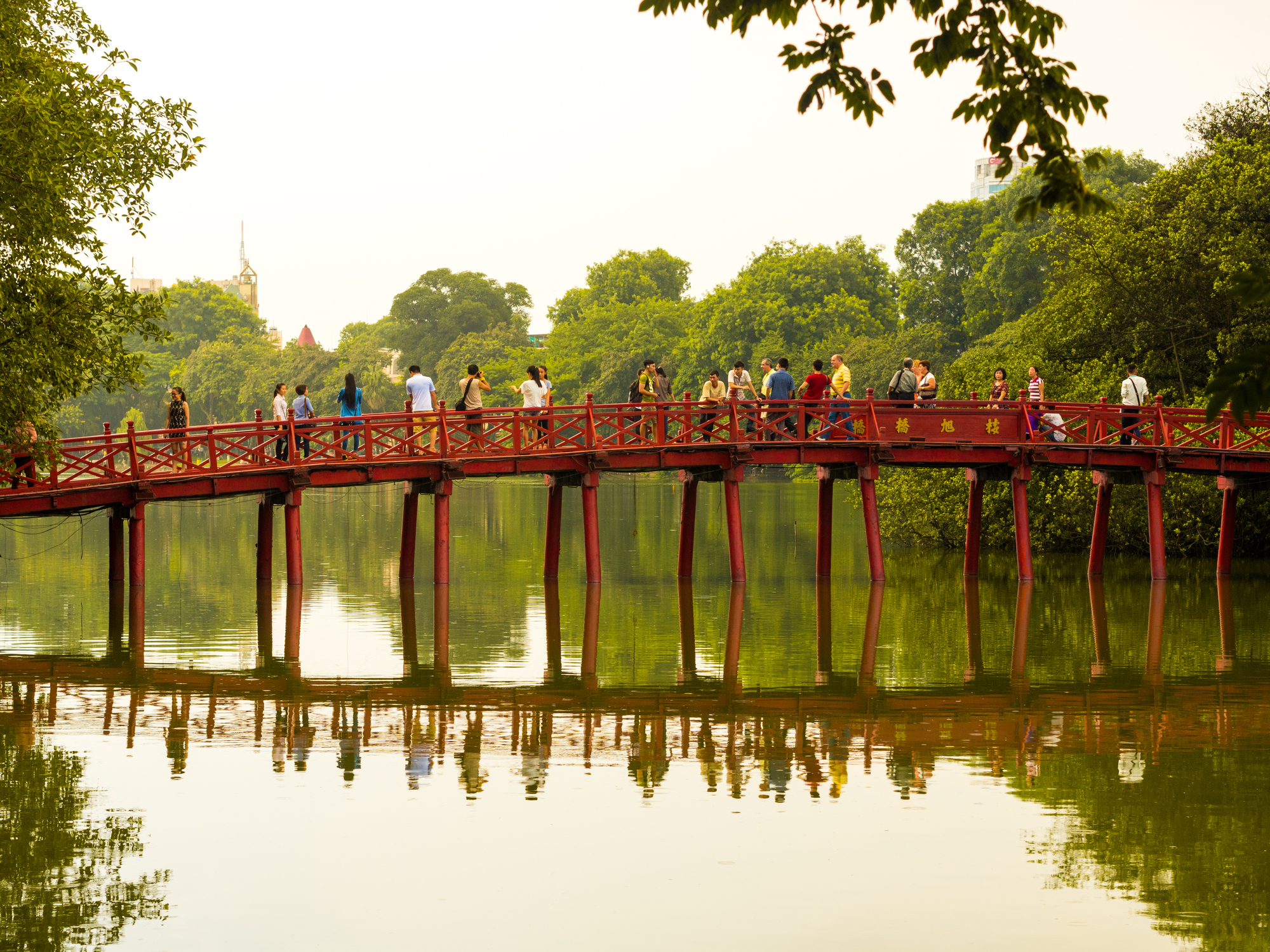Alternatives to Incarceration in Latin America and the Caribbean
Drug laws and the region’s untenable prison crisis are at the center of the drug policy debate in Latin America and the Caribbean. The incarceration of low-level drug offenders for exceptionally long sentences has left the region’s prisons bursting at the seams; the impact is not only felt by those incarcerated, but also by their families and communities. Cutting edge research by the Colectivo de Estudios Drogas y Derecho (Research Consortium on Drugs and the Law, CEDD) and the Social Science Research Council (SSRC) sheds new light on the problem and efforts to address it through alternatives to incarceration. The latest investigation …

